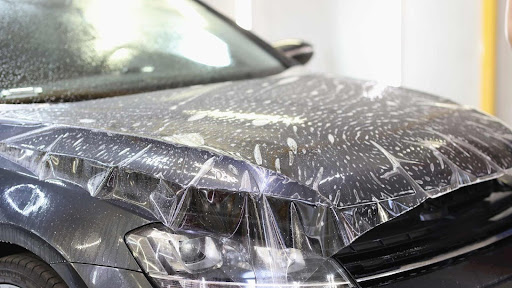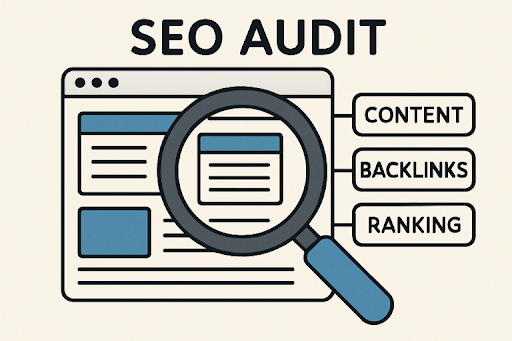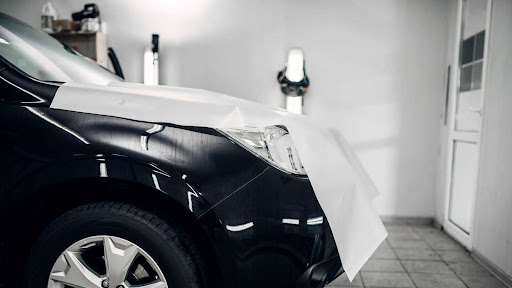When it’s time to replace or upgrade your heating, ventilation, and air conditioning system, you’re faced with a big decision: where to buy and who to install it. One option gaining traction is purchasing an HVAC system online and hiring a local contractor for installation. This approach can save money and offer flexibility, but it comes with questions about safety, reliability, and practicality. Let’s explore how to find the best HVAC system, whether buying online is a smart move, and how to pair that purchase with a trustworthy local contractor for a seamless experience. With practical tips and clear steps, you’ll be equipped to make a confident choice.
HVAC Buying Process
The journey to a new HVAC system starts with knowing what you need. Systems vary by type—furnaces, heat pumps, air conditioners, or ductless mini-splits—and each suits different homes based on size, climate, and energy goals. Buying online offers access to a wide range of brands and models, often at lower prices than local suppliers. However, the process requires careful research to ensure compatibility with your home and compliance with local codes. Linking your purchase to a skilled local contractor is key to proper installation. Comparing options on HVAC can help you pick a system that works for your space.
Types of HVAC Systems
Not every system fits every home. Central air systems work well for larger houses with existing ductwork, while ductless mini-splits are ideal for smaller spaces or homes without ducts. Heat pumps are energy-efficient for moderate climates, and furnaces excel in colder regions. Check your home’s square footage, insulation, and current setup to narrow down options. Online retailers often provide specs, but you’ll need to confirm these match your needs before buying.
Benefits of Buying Online
Online shopping for HVAC systems can mean lower costs, as e-commerce platforms cut out middlemen and showroom overhead. You’ll find detailed product descriptions, customer feedback, and sometimes exclusive deals. Plus, you can compare models across brands without pressure from a salesperson. However, you’re responsible for verifying the system’s suitability, including size (measured in tons or BTUs) and efficiency ratings like SEER (Seasonal Energy Efficiency Ratio).
Is It Safe to Buy an HVAC System Online?
Purchasing an HVAC system online is generally safe if you take precautions. Reputable retailers provide warranties, clear return policies, and customer support. The bigger concern is ensuring the system arrives undamaged and is installed correctly. Here’s how to navigate the process safely and what to watch for when buying online.
Choosing a Trustworthy Online Retailer
Stick to well-known platforms or specialty HVAC retailers with strong reputations. Look for secure payment options, transparent shipping details, and robust customer service. Reading HVAC reviews on trusted sites can reveal which retailers deliver quality products and handle issues promptly. Avoid deals that seem too good to be true—low prices may signal refurbished or counterfeit units. Check if the retailer includes a manufacturer’s warranty, typically 5-10 years for parts, and confirm it’s valid when paired with professional installation.
Verifying System Compatibility
An HVAC system must match your home’s specifications. Online listings may include sizing calculators, but these are rough estimates. A common mistake is buying a unit that’s too large or small, which can spike energy bills or shorten the system’s lifespan. Before purchasing, have a local contractor perform a Manual J load calculation—a detailed assessment of your home’s heating and cooling needs. This step ensures you buy the right size and type of system.
Shipping and Handling Concerns
HVAC systems are heavy and complex, making shipping a potential pitfall. Confirm the retailer’s shipping policy, including who covers damage during transit. Reputable sellers use trusted carriers and offer insurance. Inspect the unit upon delivery for dents, leaks, or missing parts, and report issues immediately. Some retailers provide white-glove delivery, ensuring the system is placed exactly where your contractor needs it.
Hiring a Local Contractor for Installation
Buying online saves money, but installation is where the rubber meets the road. A skilled local contractor ensures your system runs efficiently and complies with local building codes. Here’s how to find the right professional and what to expect during installation.
Why Professional Installation Matters
Even the best HVAC system will underperform if installed poorly. Improper setup can lead to frequent breakdowns, higher energy costs, or voided warranties. Most manufacturers require professional installation to honor warranties, so DIY is rarely an option. A local contractor brings expertise in your area’s climate, codes, and permitting processes, ensuring the system is tailored to your home.
Finding a Reliable Contractor
Start by asking friends, neighbors, or coworkers for recommendations. Online platforms like the Air Conditioning Contractors of America (ACCA) or the Better Business Bureau (BBB) list licensed professionals. Check for certifications like NATE (North American Technician Excellence) and verify the contractor’s license and insurance through your state’s licensing board. Request at least three quotes, ensuring each includes labor, permits, and any additional costs like ductwork modifications.
Questions to Ask Contractors
When interviewing contractors, ask:
- Do you handle permits and inspections?
- What’s your experience with the brand or model I’m buying?
- Do you offer a workmanship guarantee?
- How long will installation take?
- Can you provide references from past jobs? These questions reveal the contractor’s expertise and reliability. A trustworthy contractor will assess your home in person or virtually, never offering a quote without understanding your needs.
The Installation Process
Installation typically takes 1-2 days, depending on the system and home. The contractor will remove the old unit, set up the new one, connect it to existing ductwork or electrical systems, and test performance. They’ll also handle permits and schedule inspections to ensure compliance. After installation, ask for a walkthrough to understand maintenance tasks, like changing filters or scheduling tune-ups.
Balancing Cost, Quality, and Convenience
Buying an HVAC system online and hiring a local contractor can be cost-effective, but it requires effort to get right. Online purchases often save 20-30% compared to buying through a contractor, but you’ll need to coordinate delivery and installation. Local contractors charge $2,000-$5,000 for installation, depending on complexity, so factor this into your budget.
Weighing Pros and Cons
Pros of Buying Online:
- Lower prices and more choices.
- Access to customer reviews and detailed specs.
- Flexibility to pair with any qualified contractor.
Cons:
- Risk of shipping damage or delays.
- Responsibility for sizing and compatibility.
- Potential warranty issues if installation isn’t professional.
Pros of Hiring Local:
- Expertise in local codes and climate.
- Personalized service and accountability.
- Peace of mind with warranties and guarantees.
Cons:
- Higher labor costs than DIY (not recommended).
- Vetting contractors takes time.
Tips for a Smooth Experience
- Research Early: Compare systems and retailers weeks before buying to avoid rushed decisions.
- Consult a Contractor First: Get a Manual J calculation before purchasing to confirm system size.
- Read the Fine Print: Check warranty terms, return policies, and shipping details.
- Verify Credentials: Ensure your contractor is licensed, insured, and certified.
- Plan for Maintenance: Schedule annual tune-ups to keep your system running efficiently.
Common Pitfalls and How to Avoid Them
Buying online and hiring locally can go wrong without proper planning. Here are mistakes to sidestep:
- Buying Without a Load Calculation: Always consult a contractor to size the system correctly.
- Skipping Contractor Vetting: Don’t hire based on price alone—check reviews, licenses, and references.
- Ignoring Warranty Terms: Confirm the warranty is valid with professional installation.
- Overlooking Permits: Ensure your contractor handles all required permits and inspections.
- Neglecting Maintenance: A new system needs regular care to last 10-15 years.
Final Thoughts
Purchasing an HVAC system online and hiring a local contractor is a practical, cost-saving option if you approach it thoughtfully. By researching reputable retailers, verifying system compatibility, and partnering with a skilled contractor, you can enjoy a high-performing system tailored to your home. Use resources like HVAC reviews to guide your purchase and lean on local expertise for installation. With careful planning, this hybrid approach delivers quality, efficiency, and peace of mind, keeping your home comfortable for years to come.



